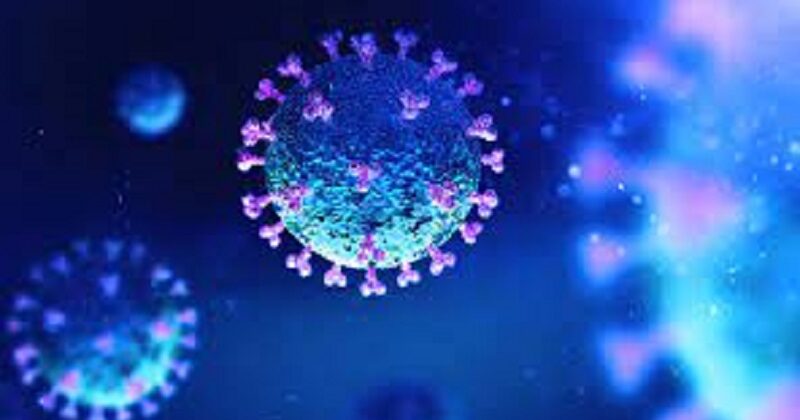
New Delhi: A study conducted in a lab suggests a modified drug prescribed for tapeworms may be effective against Covid-19. Scientists at the Scripps Research Institute in the US have known for 10 to 15 years that a class of drugs called salicylanilides are effective in fighting certain viruses but they tend to be gut-restricted and may be toxic.
In a study published in the journal ACS Infectious Disease, the modified salicylanilide compound overcomes both problems in mouse and cell tests. Researchers said the compounds were antiviral and anti-inflammatory, with properties that made them suitable for use in tablet form.
According to them, salicylanilides were first discovered in Germany in the 1950s and used to treat worm infections in cattle. The drug niclosamide is used to treat tapeworms in animals and humans today.
In years past, Kim Janda, professor of Scripps Research, developed a modified salicylanilide compound for another project. The SARS-CoV-2 virus became a global pandemic in early 2020 and knowing they may have antiviral properties, he began screening his old collection first in cells. Later, he conducted rodent tests with Scripps Research immunologist John Teijaro.
A compound dubbed ‘No. 11’ stood out. The compound has important advantages over commercial tapeworm medicines, including its ability to penetrate through the gut and be absorbed into the bloodstream without the worry of toxicity.
‘Niclosamide is basically digestive-track restricted, and that makes sense, because that’s where parasites reside,’ Janda said. ‘For that reason, simple drug repurposing for a Covid treatment would be counterintuitive, as you want something that is readily bioavailable, yet does not possess the systemic toxicity that niclosamide has,’ he explained.
Read also: Experts opine breastmilk can protect newborns against Covid
According to Janda, about 80 percent of salicylanilide 11 entered the bloodstream, compared with about 10 percent of niclosamide, which was recently approved as a treatment for Covid-19. Among the many modified salicylanilides that Janda had constructed in his laboratory, No. 11 affected pandemic coronavirus infections in two ways.
First, it interfered with the virus’s ability to deposit genetic material into infected cells, a process known as endocytosis. The virus forms a lipid-based packet around its genes during endocytosis. The packet enters the infected cell and dissolves, allowing its protein-building machinery to read it and create viral copies.
According to the researchers, No. 11 prevents the packet from dissolving. ‘The compound’s antiviral mechanism is the key,’ Janda says. ‘It blocks the viral material from getting out of the endosome, and it just gets degraded. This process does not allow new viral particles to be made as readily,’ he said.
Furthermore, because it acts inside human cells rather than on viral spikes, which viruses use to enter human cells, there is no concern that it will work against new variants like Delta and Lambda. ‘This mechanism is not dependent on the virus spike protein, so these new variants coming up aren’t going to relegate us to finding new molecules as is the case with vaccines or antibodies,’ he said.
Janda said No. 11 also helped to calm potentially toxic inflammation in the research animals, which may be important for treating acute respiratory distress associated with life-threatening Covid infections. Researchers added that interleukin 6 levels were reduced, which is a key contributor to inflammation sometimes seen with advanced stages of Covid-19.

Post Your Comments